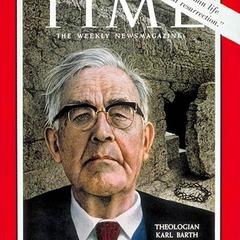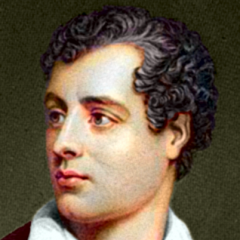Praise Quotes - Page 13
Thomas Sprat (1667). “The History of the Royal Society of London, for the Improving of Natural Knowledge”, p.46
Sylvia Townsend Warner, William Maxwell (1982). “Letters”
Sydney Smith (1856). “Wit and Wisdom of the Rev. Sydney Smith”, p.202
Samuel Johnson (1854). “Lives of the most eminent English poets, with critical observations on their works. With notes by P. Cunningham”, p.276
None can be pleased without praise, and few can be praised without falsehood.
Samuel Johnson (1820). “The Rambler”, p.26
Samuel Johnson (1833). “The Life of Johnson: with Maxims and Observations: Moral, Critical, and Miscellaneous, Accurately Selected from the Works of Dr. Samuel Johnson, and Arranged in Alphabetical Order”, p.218
Unjust attacks on public men do them more good than unmerited praise.
Diary entry. "Diary and Letters of Rutherford Birchard Hayes: Nineteenth President of the United States". Book edited by Charles Richard Williams, The Ohio State Archaeological and Historical Society, July 14, 1889.
Ralph Waldo Emerson (2012). “Nature and Other Essays”, p.56, Courier Corporation
Ralph Waldo Emerson (2013). “Delphi Complete Works of Ralph Waldo Emerson (Illustrated)”, p.3883, Delphi Classics
Praise will come to those whose kindness leaves you without debt.
Song: Faster Than Light, Album: Try Whistling This
Mignon McLaughlin (2014). “Aperçus: The Aphorisms of Mignon McLaughlin”, p.48, BookBaby
There is no praise in being upright, where no one can, or tries to corrupt you.
"In Verrem", II. 1. 16, as quoted in Hoyt's New Cyclopedia Of Practical Quotations (1922), p. 372-75,
We are all excited by the love of praise, and the noblest are most influenced by glory.
"Pro Archia Poeta". Oration by Marcus Tullius Cicero (Exordium (Introduction) line 11), 62 BC.







